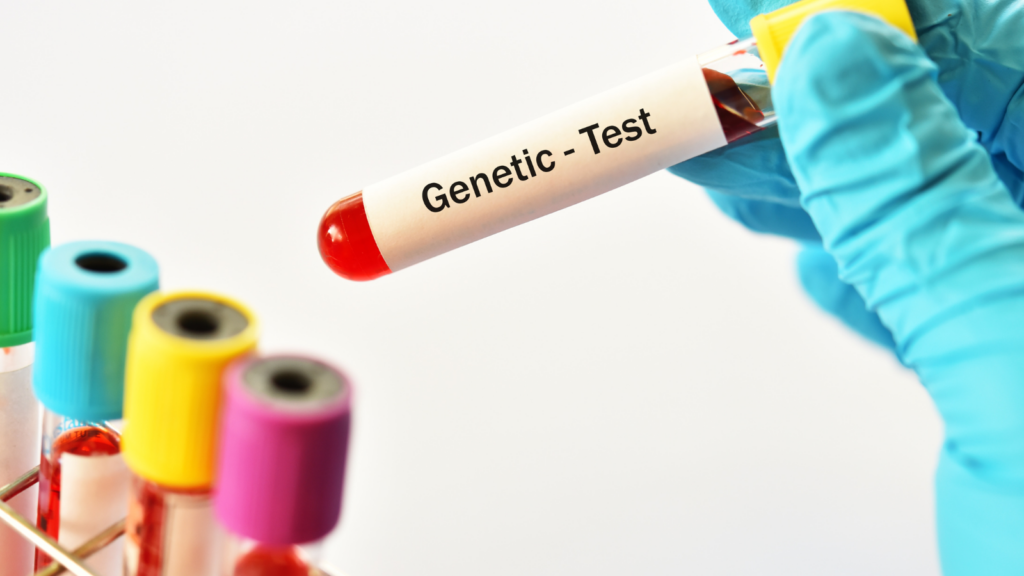Genetic testing has transformed cancer care by allowing doctors to detect risks, diagnose earlier, and choose targeted treatments. Yet not all results are clear. Many patients receive findings that identify genetic changes which cannot be confidently classified as harmful or harmless. These are known as variants of uncertain significance, and they often leave both patients and oncologists unsure about the next steps.
This is where functional genomics offers new hope. While genetic testing is like reading the instruction manual of a cell, functional genomics is about testing how changes to those instructions actually work in practice. It goes beyond sequencing to investigate how a genetic variant affects gene expression, protein function, and cell behaviour in real biological systems.
Cancer is fundamentally a genetic disease, caused by DNA changes that disrupt normal processes such as growth and cell division. These mutations can be inherited or acquired through lifestyle and environmental factors such as smoking, radiation exposure, or infections. The rise of personalised medicine has made understanding these mutations even more crucial. By considering a patient’s genetic and molecular profile alongside lifestyle factors, doctors can tailor treatments more precisely.
Advances in DNA sequencing have made it possible to analyse entire genomes or just protein-coding regions at increasing speed and accuracy. In Africa, facilities now provide genome sequencing locally at a fraction of past costs, expanding access to personalised care. However, interpreting uncertain results remains a major challenge. Without clarity on whether a rare variant is dangerous, patients and clinicians are often left waiting years for further evidence.
Functional genomics addresses this gap by using patient-derived cells to study how variants influence treatment response. For instance, some rare variants may make cancer cells resistant to chemotherapy, not by dying as expected, but by entering a dormant state called senescence. While this prevents damaged cells from dividing, it may release harmful signals that damage nearby tissue. Such findings are crucial for guiding treatment decisions and predicting patient outcomes.
As personalised medicine advances, functional genomics is set to play an increasingly important role. By bringing clarity to uncertain genetic results, it strengthens cancer care, supports more accurate treatment choices, and offers renewed hope for patients navigating the uncertainties of a diagnosis.

